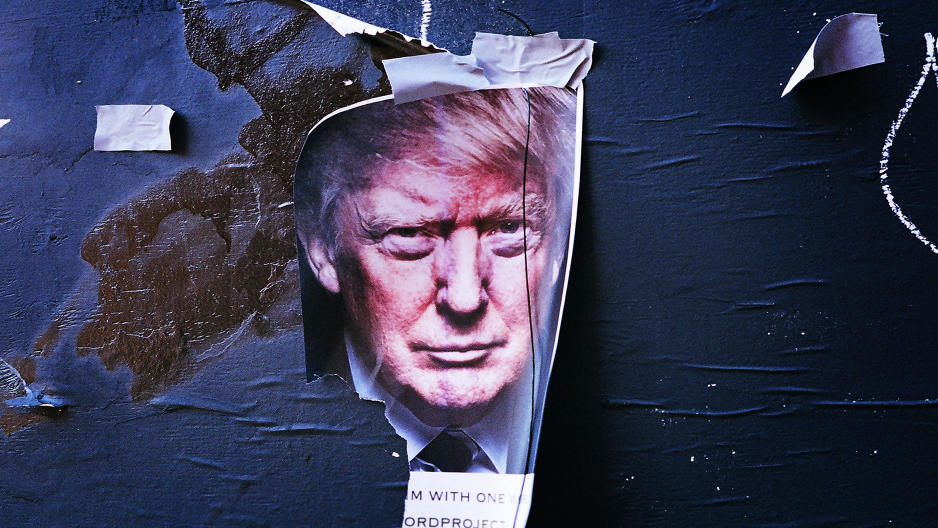Of The Six GOP Data Guys I Know, Zero Pick Trump To Win
Data and analytics became a part of modern political campaigning, arguably, with the campaign to reelect George W. Bush in 2004. That campaign pioneered some of the best-known and best-used techniques of modeling, then targeting, specific voter groups. The Obama campaign put even more emphasis on data science in 2008, and in many ways it was that campaign that wrote the book on modern data-driven campaigning.
Writing about this nexus point between politics and technology has brought me into contact with a number of data scientists over the past year. As we near the finale of the 2016 race, I conducted a quick straw poll of the GOP operatives I know, all of whom have played key roles in GOP congressional and presidential campaigns. (Some of them worked on GOP presidential campaigns that stalled in the primaries.) The question was simple: Who will win the election, and who will win in six key battleground states?
To my surprise, none of them believe Trump will win. And they all asked not to be identified or quoted in this story.
My sources made their votes late last week when Hillary was near the bottom of the fall she took as a result of FBI director James Comey’s statement to Congress that his agency was investigating other potential misconduct related to Hillary Clinton’s infamous email server. Today, however, FiveThirtyEight is saying Hillary is showing signs of recovery, with a nearly 70% chance of winning the election.
Here’s a quick rundown of how the data scientists believe six of the most important battleground states will break:
At least one of my sources pointed to the Clinton campaign’s superior campaign organization—including data, digital, and “get out the vote” efforts—as a key reason for its eventual victory over Trump. Until well after the primaries, Trump had refused to invest in a data-driven ground game complete with complex data modeling and ad targeting. Another data pro source told me last spring that he believed Trump had a chance to win in November, but that if it came down to a “knife fight,” Clinton’s far superior ground game would put her over the top.
Two of my GOP data sources predicted Clinton would win by a wide margin.
One source said that even if Trump wins in Florida, Clinton will win enough states to win by the time the polls close in Michigan at 8 p.m. Eastern. The person added that exit polls would likely give the networks enough evidence to declare a Clinton win by 9:30 p.m. Eastern, “even if they’re being cautious.”
Three sources said Clinton will win in a very close race (and a very late night Tuesday).
As Nate Silver at FiveThirtyEight put it on Saturday, Clinton can win 268 of the 270 electoral votes she needs from states where she is clearly ahead in the polls today. She’ll need to pick up a couple more electoral college votes in battleground states. This effectively leaves a small gap through which Trump could slip through to victory. Still, as one source points out, while Clinton may not have a completely solid path to victory, she has a surer path than her opponent to the magic 270 number.
One operative, who picks Clinton by a 273-265 electoral vote margin, believes Trump will get very close to defeating Clinton. The person said continued revelations from the FBI and/or WikiLeaks regarding the email server controversy could provide some tailwinds for Trump right up to Election Day.
Normally, GOP data scientists would be at least sympathetic to their party’s candidate, but this year’s race is anything but normal. The GOP science people I’ve spoken with have few kind words for Trump, and several have told me candidly they wouldn’t want to work for his campaign.
related video: How A Candidate’s Body Language Can Lose An Election
Fast Company , Read Full Story
(22)














